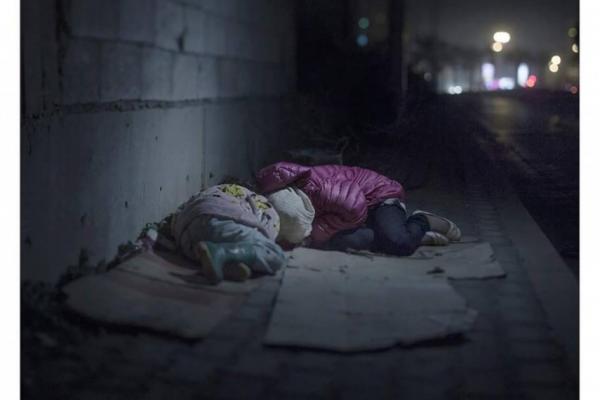There are things that I never thought I would have to remind the internet world about. Things that the internet just knows to be true: puppies are cute, avocados are everything, and refugees didn’t come here to kill us — they came here to flee the people trying to kill them.
I never thought I would have to write this article. But investigators found a Syrian passport assigned to Ahmed Almuhamed — a refugee who entered Greece six weeks ago — near the remains of a suicide bomber at Paris’ Stade de France on Friday night. And just like that, Syrian refugees have become a scapegoat, and 31 governors have declared them not welcome.
Texas governor Greg Abbott, said on Monday that he wants to “ensure that Texans are protected from those refugees coming into the state.” I’ve spent quite a bit of time with “those refugees” — some from Syria, many from other places around the world. As I write, I am living in the home of a woman who came to the U.S. as a refugee when she was a child. In the many months I spent teaching English to refugees in Georgia, I never felt threatened. I felt well loved and well fed. I felt showed-up in soccer, and often, showed-up in hospitality even though I was supposed to be the one doing the welcoming.
I don’t want to put refugees on a pedestal — I’ve made that mistake before — but more than anything, I don’t want to send refugees back into a burning building.
The resettlement process to the United States often takes 18 to 24 months. The refugees go through background checks, interviews, and screenings with everyone from the F.B.I. to the U.S. Counterterrorism Center, to the U.S. Customs and Border Protection. Deputy State Department Spokesman Mark Toner recently referred to this process as “the most stringent security process for anyone entering the United States.” And yet, the fear persists.
There is a phrase common in the U.S. that is meant to express heroism: “These colors won’t run.” But often they do. They run from peaceful solutions to war in favor of dropping bombs from a safe distance. They run from refugees who are running for their lives. They run from Syrian children washed up on a beach.
Since 2012, the U.S. has accepted over 2,100 Syrian refugees. Over half are children. The world is seeing the highest rates of children refugees in nearly a decade, according to the UN Refugee Agency (UNHCR). Obama set a goal of accepting 10,000 refugees for the current fiscal year — a plan that he hasn’t backed down from despite growing national pressure and panic. Germany plans to accept 800,000 asylum seekers this year.
In an interview on Monday, New Jersey Governor and Republican presidential hopeful Chris Christie said, “I don’t think orphans under five are being, you know, should be admitted into the United States at this point.”
All of us are understandably sad about Paris — devastated. Many people have used striped profile pictures, candles, and flowers to express our collective solidarity. But in the wake of tragedy, almost half of the governors of the U.S. have responded with fear, announcing that they will do whatever they can to thwart the acceptance of Syrian refugees — from cutting funding for nonprofit resettlement agencies, to demanding religious screening tests.
If there’s one thing I learned from some of my friends who are refugees, it’s how to respond to grief. And there’s no one approach and they didn’t always get it right. But sometimes they did: Some refugees, in the shadow of shocking sadness, sang more than usual, prayed louder, invited more friends over for dinner, cooked their parent’s recipes. None of them responded with terrorism.
Before we try and keep the Syrian refugees out of the U.S., we should try listening to them.
This post originally appeared at 20-Something Survival.
Got something to say about what you're reading? We value your feedback!

